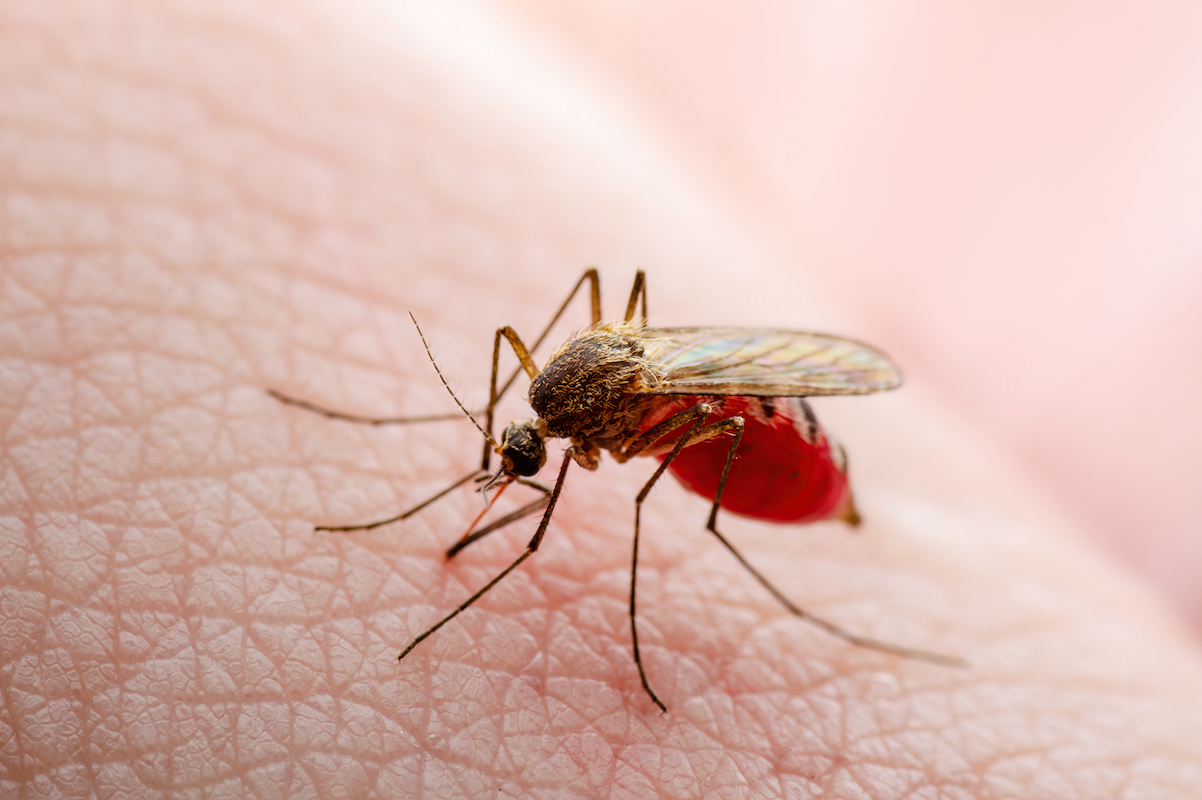The University of Rhode Island recommended precautionary measures on Sep. 20 in response to a nationwide increase in mosquito-related viruses.
Rhode Island experienced upticks in the prevalence of both viruses among mosquito populations this year, according to URI’s medical director, Dr. Christopher Nasin. Both Eastern Equine Encephalitis and West Nile virus are arboviruses, meaning they are bird-borne viruses.
“The reservoir for those viruses are birds,” Nasin said. “And then the mosquitoes can transmit those viruses from birds to human beings.”
Some New England residents may recall experiences with EEE from 2019, which was the year of the last human case of EEE in Rhode Island, according to Nasin. This virus has reemerged, largely due to rising temperatures and increased moisture.
Locals have been encouraged to rethink their time outdoors to avoid the peak hours when mosquitoes are most active, according to the Rhode Island Department of Environmental Management . The highest mosquito activity is at dawn, around 5:30-7 a.m., and dusk, around 7 p.m. The precautions that should be taken are fairly intuitive, according to Nasin.
“We tend not to mandate,” Nasin said. “We tend to stay away from those type of comments. What I would rather do, as a leader, is just inform people.”
Rhode Island’s Washington County was recently marked as a high-risk zone, and the latest mosquito samples indicate a positive test for West Nile in North Kingstown, according to RIDEM . The state has detected 17 mosquito samples with EEE and five with WNV this season.
As for human cases, Rhode Island has currently recorded four cases of WNV (two confirmed, two probable) and one of EEE, according to RIDEM .
To mitigate risk, individuals are encouraged to adopt preventive measures, including wearing long-sleeved clothing, using bug repellent and not spending much time by areas of standing water, according to Nasin. URI Health Services and the CVS in the Kingston Emporium provide access to bug repellent.
URI Health Services and Health Promotion have informed and protected by speaking with athletes and giving out bug repellent wipes to students, according to Nasin.
Nearby states, including Connecticut and Massachusetts, are also experiencing increased cases of these viruses, according to RIDEM . In response to this airborne threat, local communities are stepping up their mosquito-control efforts. South Kingstown sprayed non-toxic chemicals to combat mosquitoes carrying EEE and is planning to treat various parks to ensure the safety of residents.
URI is not shying away from its own precautions, according to Rhody Today. The email announced that URI’s Peckham Farm, located at the base of campus, was closed down for several days in order to be sprayed by an overhead mosquito larvicide.
EEE’s human mortality rate is 30%, and WNV’s is at a less substantial 3-15%, according to RIDEM . Human contractions of mosquito-borne illnesses remain extremely rare, but the risks are significant if precautions are not taken. Survivors of EEE may face ongoing neurological issues.
Proactive planning for outdoor activities is advised to outsmart the mosquitoes, according to Nasin. Safety and diligence are essential before the first frost arrives (late October), when the mosquitoes will cease to continue the spread of EEE and WNV.





